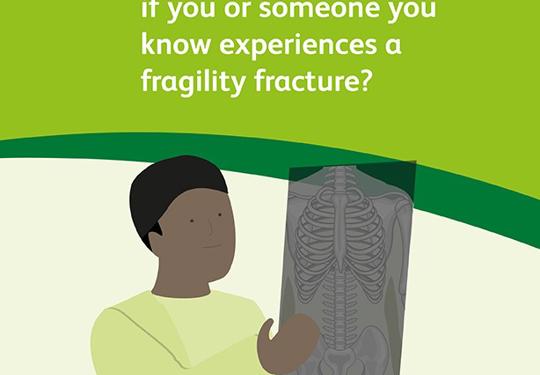Did you know that at least 90,000 patients in England and Wales who should have anti-osteoporosis therapy are not receiving it?
The Fracture Liaison Service Database (FLS-DB) is an audit that measures and reports on the care provided by fracture liaison services (FLSs). Initiated to measure primarily against technology assessments and guidance on osteoporosis from the National Institute for Health and Care Excellence (NICE), and the Royal Osteoporosis Society (ROS) clinical standards for FLSs, the audit produces reports annually that provide a summary of the care that FLSs in England and Wales give to people who experience a fragility fracture.
FLSs check if people who have recently broken a bone after falling from a standing height or less (a fragility fracture) might also have osteoporosis – a disease that weakens bones – and then advise on treatments to reduce the risk of another fracture, helping to improve patient outcomes.
This resource, developed in collaboration with members of the FFFAP patient and carer panel, outlines three key findings from the 2022 report, alongside actions that affected individuals can take. You can find recommended actions for healthcare providers in the annual report (pages 9–11) and the resource is available to download in PDF format at the bottom of this webpage.
View your local healthcare provider's performance using the public run charts and benchmark tables.
For further explanation on any of the terms above, you can refer to the FFFAP glossary.





